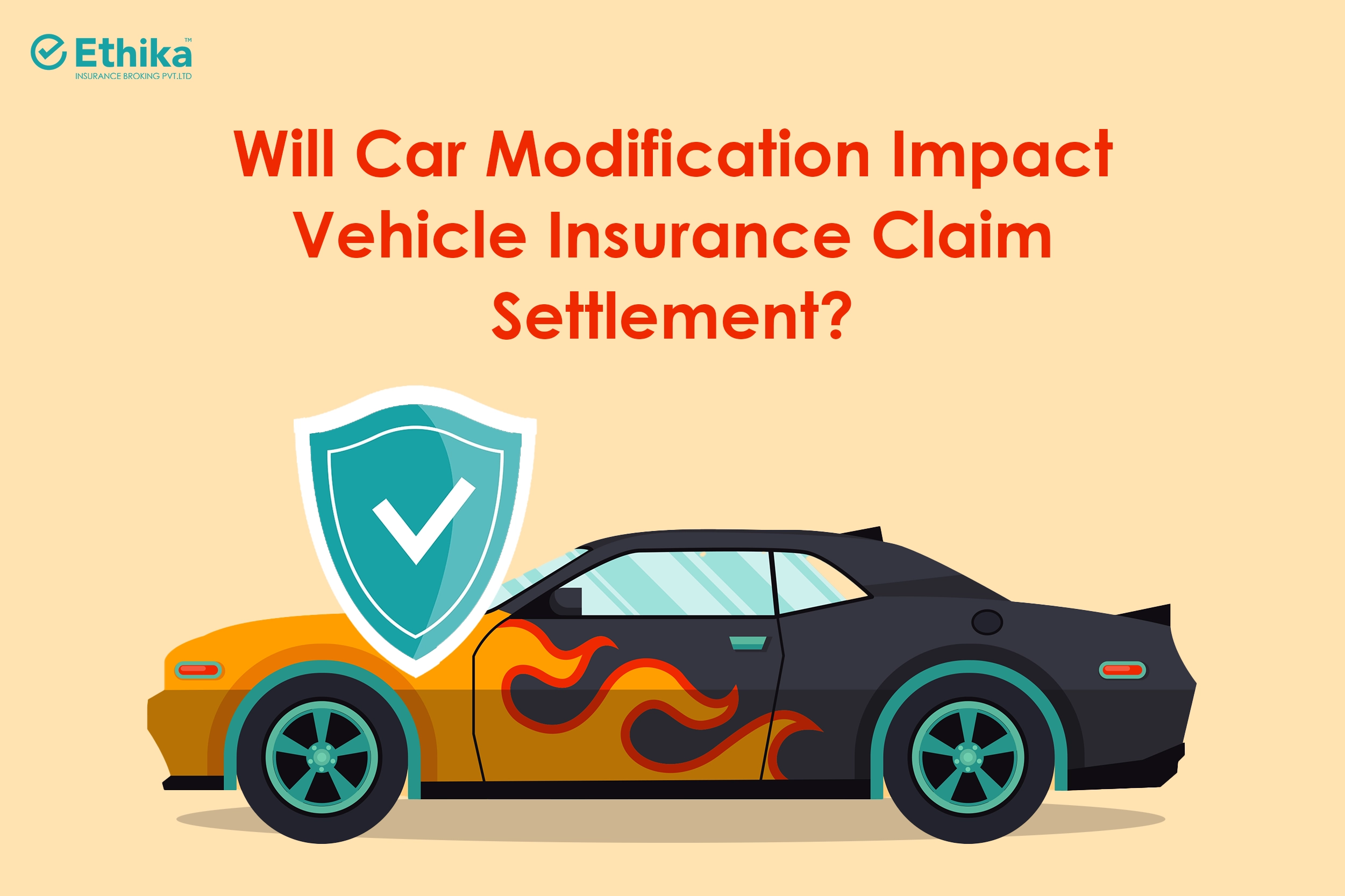
Car modifications are gaining popularity in India, especially among young drivers who want their vehicles to reflect their style. While modifications are common in Western countries, they’re relatively new in India. However, modifying your vehicle can impact your motor insurance, including claim settlement and motor insurance renewal.
In this guide, we’ll explore which car modifications affect insurance, including those that require approval from your insurer, steps to ensure your policy remains valid, and answers to common questions about how modifications influence motor insurance.
What’s on this page?
How Car Modifications Affect Motor Insurance Claim Settlement?
Before making any changes to your vehicle, it’s essential to know how they might impact your motor insurance claim settlement. Car modifications alter the standard vehicle design set by the Original Equipment Manufacturer (OEM) and may affect the safety, value, or risk associated with the vehicle. Under the Motor Vehicles Act, the Road Transport Authority (RTO) mandates that all OEM-approved vehicles be registered before public use. Unauthorized modifications could lead to issues during claims or even policy cancellation.
Car Modifications That do not Affect Insurance coverage
Certain modifications are typically acceptable and won’t affect your motor insurance. Here are some common permitted alterations:
- Additional Accessories: Non-structural items like rain guards, mudguards, and door protectors are usually permitted without insurance notification.
- Color Change: Minor paint changes that match the RC copy are generally fine. However, major color alterations should be reported to the insurance company.
- Tyre Replacement: Replacing tyres with similar-sized models is typically allowed. Changing the tyre size or profile, however, may require approval.
- Pollution Control Kits: Adding pollution control kits usually doesn’t affect insurance, provided it doesn’t alter the car’s performance.
Car Modifications That Require Insurance Approval
Some modifications impact vehicle performance, handling, or value, so they must be reported to your insurance company to ensure your motor insurance claim settlement isn’t compromised.
1. Exterior Body Modifications
Altering the body with custom hoods, flared fenders, or rooftop designs can impact stability and safety. Notify your insurance company to avoid potential claim issues.
2. Engine Modifications
Engine upgrades like turbocharging or adding nitrous oxide systems change the vehicle’s performance and risk profile, requiring prior insurance approval.
3. Brakes and Suspension Changes
Changes to brakes or suspension, especially when altering ground clearance or stability, should be endorsed by your insurer, as they affect the safety profile.
4. Wheel and Tyre Size Adjustments
Altering the wheel or tyre size beyond OEM specifications can impact stability, and insurance approval is recommended.
5. Lighting Modifications
Changing factory lighting to aftermarket options may impair visibility and vehicle safety. Approval is essential to maintain valid coverage.
6. Special Modifications for Disabled Individuals
Disabled individuals may need custom controls or seating. Inform your insurance company about these changes to ensure proper endorsements and benefits.
7. Trailer Additions
Adding a trailer affects handling and vehicle integrity. Report this modification to both the insurer and the RTO.
Steps to Take After Modifying Your Car
To secure uninterrupted motor insurance coverage after modifying your car, follow these steps:
Step 1: Notify Your Insurance Company
Immediately inform your insurance provider about any modifications. Some alterations may require inspection or might not comply with insurance or RTO regulations.
Step 2: Schedule a Vehicle Inspection
The insurance company will likely schedule an inspection to assess the modifications, which helps in determining the new premium, if applicable.
Step 3: Obtain an Endorsement
After paying any additional premium, secure an endorsement for the modifications. This ensures the modifications are covered under your policy and won’t lead to claim denials.
Conclusion
Modifying your car can enhance its look or performance, but it’s crucial to understand the insurance implications. Always inform your insurance provider about modifications, as undisclosed alterations may lead to denied claims or policy issues. Proper communication and policy endorsement will ensure smooth claim settlements and a hassle-free motor insurance renewal experience.
FAQs:
What happens if I don’t inform my insurance company about my car modifications?
Not informing your insurer can lead to claim denials. The insurer may only cover damage to OEM parts or may reject the claim altogether.
Will car modifications influence third-party claim settlement?
Modifications primarily affect own damage claims, but in accidents caused by modifications, third-party claims may also be affected.
Should I pay an extra premium if I modify my car?
Yes, modifications that increase the car’s value or risk level typically require a premium adjustment.
Does changing the car color paint affect my car insurance?
Minor color changes are usually fine, but major alterations should be reported for accurate policy information.
Does motor insurance cover damages during sports or adventurous events?
No. Standard policies exclude damages incurred during racing or adventure sports.